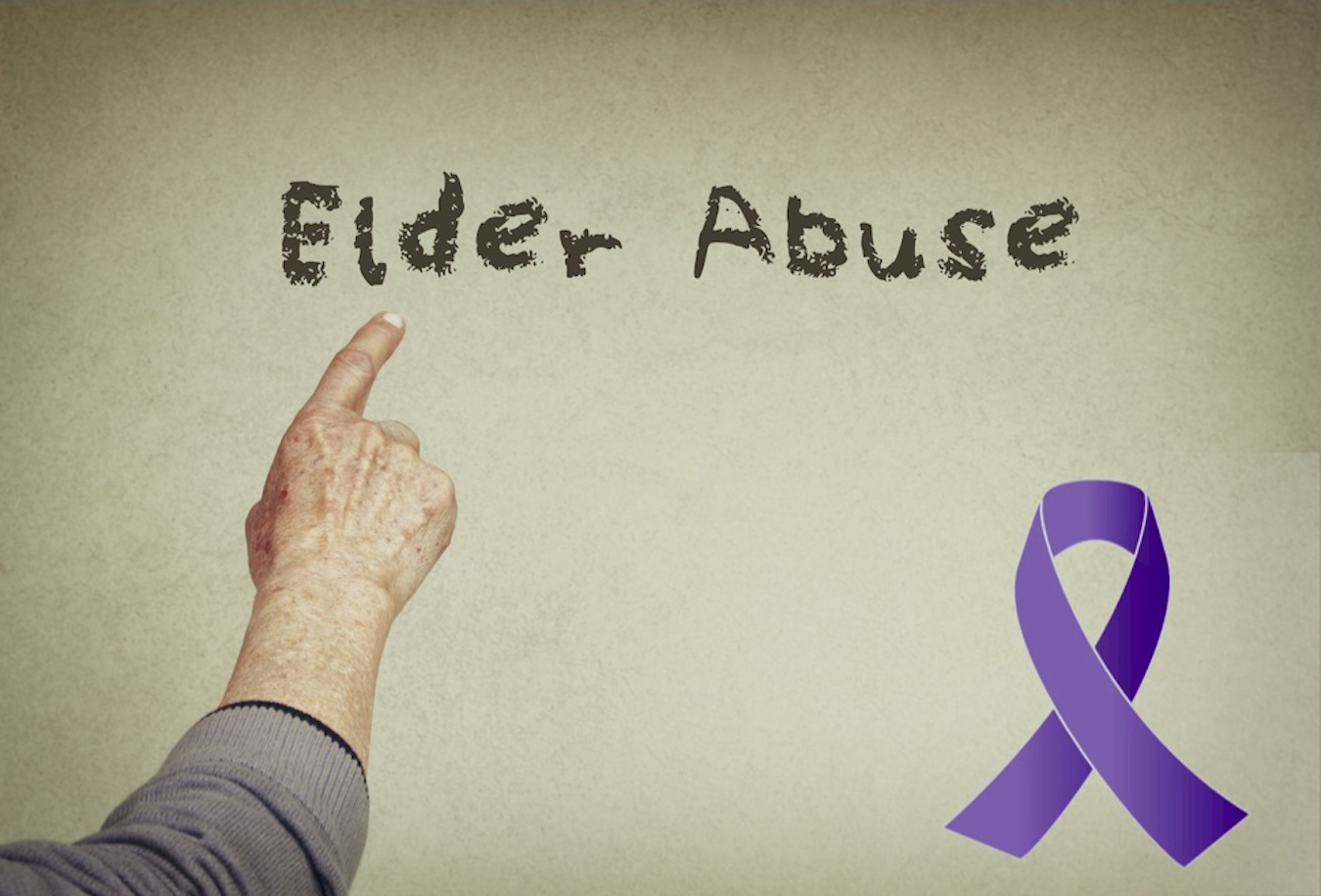
Elder Abuse
North American studies indicate that between 2-10% of seniors experience some form of elder abuse or neglect each year.
November is Family Violence Prevention month and this week’s focus is elder abuse.
Elder abuse is any lack of action or appropriate action by a person who is in a relationship of trust that results in harm or distress to an older person. Elder abuse often occurs in situations where there is an imbalance of control. The abuser may limit or take control over the rights and freedoms of the elder person.
North American studies indicate that between 2% and 10% of seniors experience some form of elder abuse or neglect each year. The most common form of elder abuse is financial abuse, which can occur with or without the consent of the senior, and results in monetary or personal loss. Neglect, another form of elder abuse, may be intentional or unintentional. This is when the caregiver has a lack of knowledge or experience in providing proper care to an older adult. Neglect includes denying access to necessary services such as home care, nursing or medical attention; failure to assist with activities of daily living; and abandonment.
Please see the resources at the end of this article for to learn more about available support.
Some forms of violence include:
Physical abuse — physical injury or death of a family member or intimate partner caused when someone:
- pushes, shoves, hits, slaps, or kicks
- pinches or punches
- strangles or chokes
- stabs or cuts
- shoots
- throws objects
- burns
- holds someone down for another person to assault
- locks someone in a room or ties them down
Emotional or psycho-social abuse — words/actions to control or frighten a family member or intimate partner, or destroy their self-respect, when someone:
- makes threats
- intimidates or bullies
- puts down, insults, or calls a person names
- yells or criticizes all the time
- isolates a person from friends and family
- destroys belongings
- hurts pets
Financial abuse — control/misuse of a family member's or intimate partner's money or property, when someone:
- takes another person's money or property without permission
- prevents a person from going to work or otherwise obtaining money or other resources
- withholds or limits money
- pressures a person to sign documents
- forces a person to sell things or change a will
Neglect — not meeting the basic needs to provide care for a dependent family member or intimate partner, when someone:
- does not provide proper food, warm clothing, health care, medication, or appropriate hygiene
- does not protect another person from physical harm or provide proper supervisionabandons another person
Resources:
If you or someone you know needs help, please call the ACCESS Line at 1-888-536-3599.
- To find family violence supports or programs in your area, visit this Government of Canada website
- If you are concerned about a child being abused, please contact your local Child Welfare agency. Find your local agency here
- If you know an elder who needs support, visit this Government of Canada website








